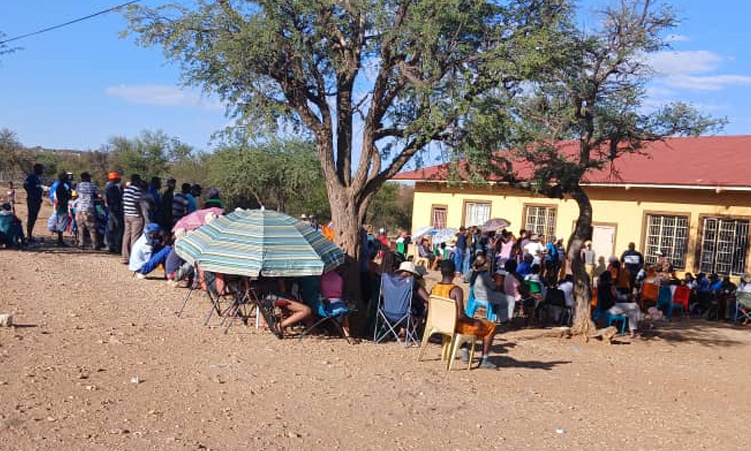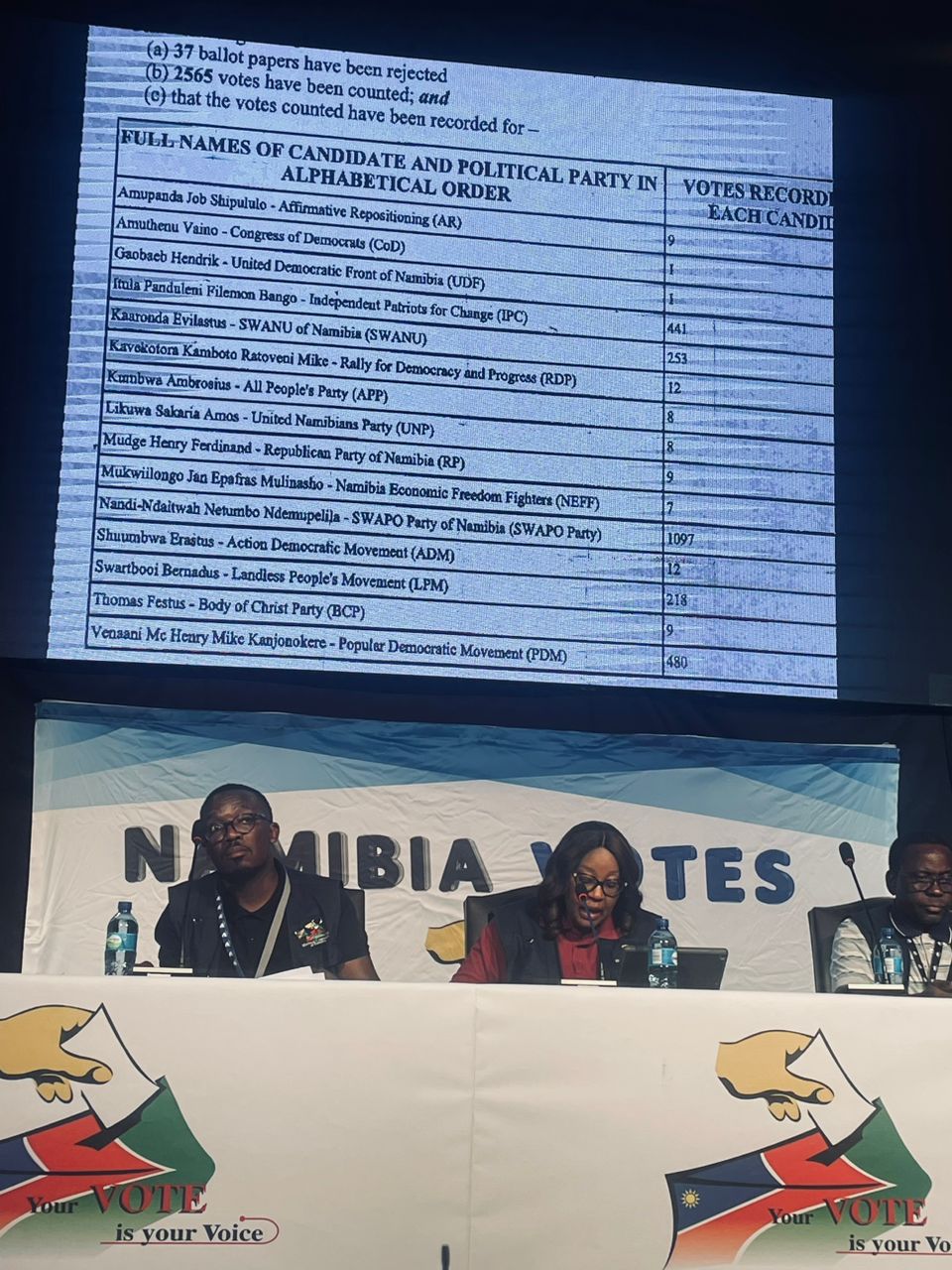The Bank of Namibia (BoN) has established a sustainability framework aimed at institutionalising sustainability principles within the organisation and promoting the greening of the financial system.
The announcement was made at a thought leadership event, titled ‘Leveraging Innovation for Green Finance’, hosted by the bank just outside Windhoek yesterday.
“This framework, however, is only the beginning,” BoN governor Johannes !Gawaxab said at the event.
“It is part of a broader strategy to reshape the financial system in line with our national goals of fostering resilience and sustainability.”
“As we face the dual pressures of environmental degradation and associated economic instability, it is imperative that we, as custodians of the financial system, integrate sustainability at every level,” the governor said.
The event was also attended by deputy minister of environment, forestry and tourism Heather Sibungo, Namibia Financial Institutions Supervisory Authority chief executive Kenneth Matomola, South African Reserve Bank deputy governor Fundi Tshazibana, as well as various representatives from the banking and non-banking financial sector.
In her keynote address, deputy minister Sibungo stressed the importance of sustainability for Namibia’s economy.
“With over 70% of our population dependent on climate-sensitive sectors such as agriculture and tourism, the changing climate situation threatens not only our environment, but also our livelihoods, food security and overall economic stability,” she said.
“Innovative financial mechanisms such as green bonds and sustainability-linked loans to channel investments into projects that address both mitigation and adaptation needs should be prioritised.”
The deputy minister also referred to several successful sustainable financing initiatives that have been launched in the past, including the Environmental Investment Fund which has mobilised more than N$3.6 billion to date.
Other initiatives referenced by Sibungu include several green and sustainability bonds issued by Bank Windhoek, Standard Bank Namibia and RMB Namibia with a total value of N$980 million, as well as Nedbank’s ‘Go Green Fund’.
According to this year’s Country Focus Report by the African Development Bank (AfDB), Namibia will need about N$94 billion between 2021 and 2030 to meet its climate change targets.
According to AfDB, an average of N$10 billion is needed annually to meet Namibia’s green growth objectives.
These include the government’s goals of reaching 70% renewable energy generation and reducing greenhouse gas emissions by 91% compared to a business-as-usual trajectory by 2030.
“We are rapidly expanding our renewable energy portfolio and etching ourselves as an energy hub, with solar, wind and green hydrogen solutions being developed to increase our energy security, while reducing carbon emissions,” Sibungo said.
For the deputy minister, Namibia’s path to prosperity lies in leveraging the opportunities presented by a green economy.
“Climate change and economic growth are not mutually exclusive,” she said.
Stay informed with The Namibian – your source for credible journalism. Get in-depth reporting and opinions for
only N$85 a month. Invest in journalism, invest in democracy –
Subscribe Now!






